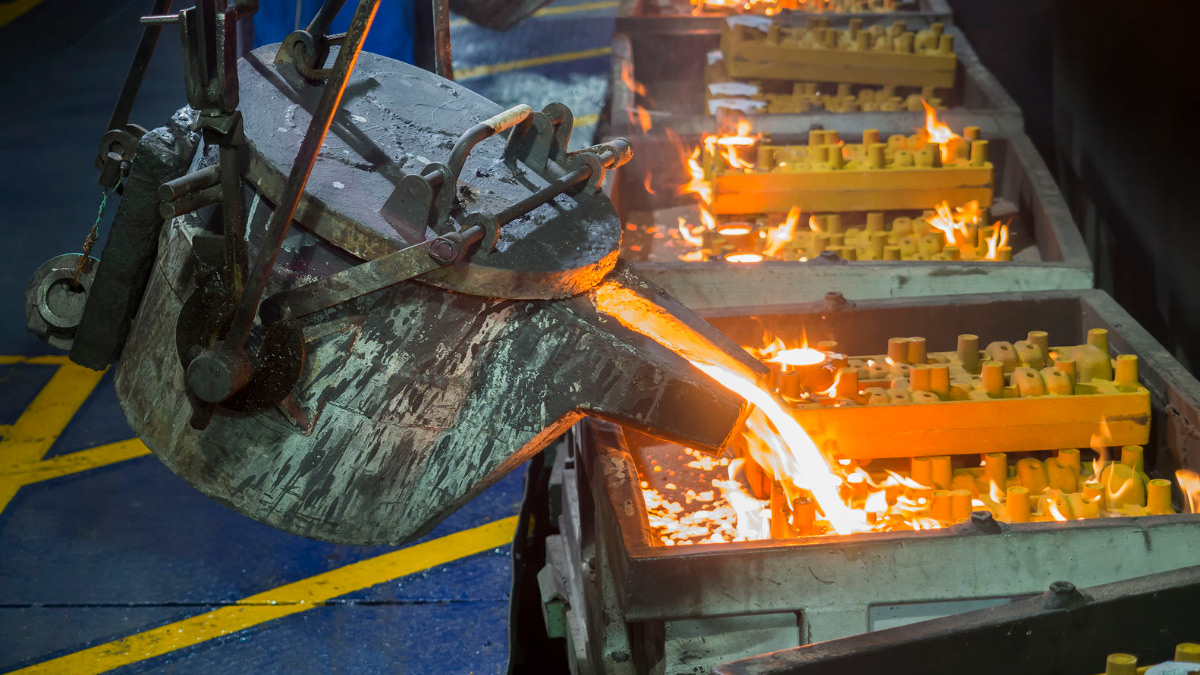President Donald Trump has, unfortunately, decided to deliver on his protectionist campaign promises by imposing tariffs on steel and aluminum. According to the New York Times, the tariff decision appears to have been the impetus behind the resignationof Trump’s top economic advisor, Gary Cohn, on Tuesday.
The president claims tariffs create jobs. His critics say tariffs will destroy more jobs than they create.
Both sides misconstrue the situation. These tariffs won’t change the total number of American jobs; they will change the mix of jobs in a way that will make us poorer and less productive.
The classic case for free trade argues that when people are free to trade across national borders, the producers in each country will specialize in the products they make most efficiently. The fact that U.S. steel production has fallen nearly 20% in the last decade, while steel and aluminum imports have increased, indicates that U.S. capital and laborers are better employed in other industries.
Trade neither creates nor destroys jobs on net, because the loss of jobs in a steel or aluminum industry that competes with imports is offset by job creation in U.S. export industries and other industries that use steel and aluminum in whatever they produce. Similarly, tariffs on steel and aluminum create jobs in those industries at the expense of jobs in export sectors and those that use steel and aluminum, such as the car, construction, beer, and soft drink industries.
Total long-run employment is largely a function of the size the labor force and labor market regulations. So claims that Trump’s policies will either create or destroy jobs on net are bogus. Again, it’s the mix of jobs and what we produce in America that tariffs change—and in this case, that will be for the worse.
The steel and aluminum tariffs will be much more harmful than the tariffs Trump imposed on washing machines in January. Indeed, immediately after those tariffs were imposed, washing machine companies such as LG increased their prices. The tariffs will also result in the production of a few too many American-made washing machines, when we can better use that labor and capital to produce more valuable products.
But even taking these consequences into account, the tariffs’ negative impact will be limited: Washing machines are consumer goods, not inputs for other products. On the other hand, steel and aluminum are used in other production processes. Tariffs on those goods will ripple through our economy, misallocating labor and capital in one industry after another.
The U.S. will produce fewer cars and beer cans, but entrepreneurs will also change how products are made. More Coca-Cola will come in plastic bottles than in aluminum cans. That will shift labor and capital into the plastics industry at the expense of other sectors. These tariffs will cause literally hundreds of millions of such adjustments.
Prices play the key coordinating role in any market economy, signaling the relative scarcity of resources and telling entrepreneurs how to organize production in a way that creates the largest economic pie possible. Steel and aluminum tariffs will distort the price structure by raising prices and indicating that steel and aluminum are more scarce than they in fact are. As a result, any production process that uses those materials, or their substitutes, will become more expensive and less efficient.
No, Trump’s tariffs won’t cost the American economy jobs, but they will make us poorer and less efficient. There is nothing great about that.












